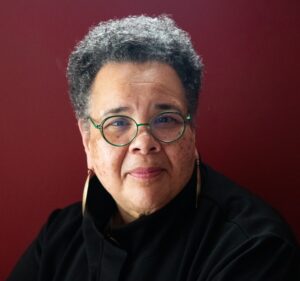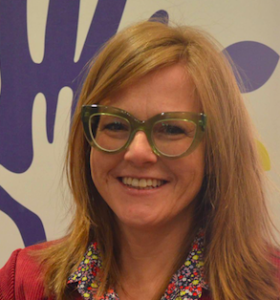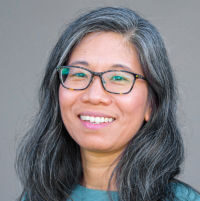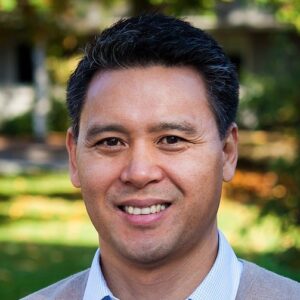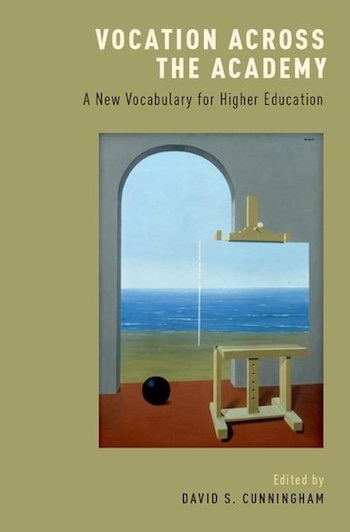vocation
Select an item by clicking its checkbox
(An audio version of this blog may be accessed here.) As scholar/teachers, we must have and be able to articulate our intellectual project. It is good if it happens in the early career stages of a scholarly career, but it is never too late. A scholar’s intellectual project ...
“It’s like you’re crying out for them to trust you.” These insightful words were said to me nearly 10 years ago in a small group conversation at a Wabash Workshop for Pre-Tenure Theological School Faculty. I remember the conversation with gratitude. We were sharing with each other what we ...
Self-care has become a familiar concept and an area of interest in faculty development and in student life. For many, self-care has become the substance of our reflections about personality traits that stem from our family of origin to concerns about longevity in our professional and vocational lives. The call ...
I came across a book during graduate work whose title still haunts me: When Work Disappears by William Julius Wilson (Alfred A. Knopf, 1996). The book is not without controversy as it argues how poverty came to exist in west Chicago because of manufacturing company flight. I am not writing, however, ...
Date Reviewed: December 10, 2019
Against the backdrop of growing debate over both the nature and value of higher education, David Cunningham and twelve scholars offer what they believe may serve as a “common purpose” – vocation. Along with the word, “calling,” vocation has theological roots, but Cunningham argues that a “more expansive” approach to the word “is attentive to questions of profession, work, and employment” and “encompasses a much broader range of concerns that will arise during a college student’s current and future life.” The writers of this volume do not believe that appealing to the concept of vocation will eliminate conflict swirling around competing visions of the academy, but they do believe that the concept appeals to both the roots of the modern university and the goals of faculty from across the academy (3).
With that goal in mind, Cunningham and his co-contributors divide their effort into four parts. Eschewing a disciplinary-centered approach to their work, they instead consider “four different pathways or approaches through which the disciplines can come into conversation with one another: first by emphasizing certain themes that are common to them all; second, by borrowing concepts from one discipline that can apply to many other disciplines; third, by focusing on the future lives of undergraduates…; and fourth, by considering some of the institution-wide obstacles that need to be addressed if the language of vocation and calling is to be perceived as relevant to all academic departments and programs” (14).
In a closing epilogue, Cunningham notes that the volume demonstrates that neither vocation nor calling exhaust the concerns that arise from their use in the academy. The words, “responsibility, character, virtue, mission, covenant, mapmaking, storytelling, performance, work, [and] leisure,” along with others, figure in the contributions to this volume (315). That should come as no surprise, he argues. From the very beginning, Cunningham commends a definition of vocation that is “capacious, dynamic, and elastic” (315, cf. 10ff.).
Accordingly, he argues that one should approach the issue of vocation prepared to use multiple vocabularies that reveal different, but interrelated discoveries. To have a vocation means that one is shaped by that calling (317ff.); that one is summoned “from without” (319f.); that one must decide what to do (320f.); that those who are called inevitably consider their link to the callings of others (321f.); and that they are compelled to think about the impact their vocations will have on the future (322ff.).
This is the second of three volumes in an ambitious and welcome effort to recapture the inspiration of vocation as a locus for higher education. The first, published in 2015 under the title, At This Time and in This Place, focused on pedagogy. The third, published in January of 2019 appeared under the title, Hearing Vocationally Differently, and expands on the vocabulary associated with vocation, relying on contributors from diverse religious traditions.
One may well wonder what the prospects will be for the project of this series. Embattled as the academy is – by forces both within and without – one would hope that scholars will find a common inspiration that will lend new energy and focus to their work. But even cursory attention to the debates roiling college and university campuses underlines the truth that “an optimist is someone who is not in possession of all the facts.” It is difficult to believe that disciplines that are struggling to define a shared vision of the work that they are doing could agree on a vision for the larger work to which the whole academy is devoted.
The task that the writers propose is made all the more difficult by the choice of “vocation” as the organizing principle around which they attempt to rally their readers. As Cunningham himself observes, the verb vocare is transitive (317). As such, it implies that one is not only called, but one is also called by someone or something. The absence of a shared understanding of who or what issues that call - if anyone or anything does – underlines how little shared vision may be in the offing for the modern academy.
For theological educators the answer to that question and others ought to be easier to achieve, but anyone who teaches in the modern divinity school knows better than that. As seminaries struggle to address declining enrollments, degree programs are crafted with an eye to the individual’s goals and the notion of vocation – and the spiritual formation that accompanies it – has slipped again to the margins of theological education. Where it still lingers, it is necessarily governed by private definitions. In the meantime, seminary faculties differ with one another as much or more on such questions as the faculties at any college or university.
The effort made by Cunningham and his co-contributors comes, then, as both question and indictment: What is it about the concept of vocation that leads even a small but brave cohort of scholars without shared confessional commitments to imagine that they can galvanize their work around the concept? The indictment is this: What are the factors that have relegated the question of vocation to the margins of the very institutions that gave birth to the vocabulary?
